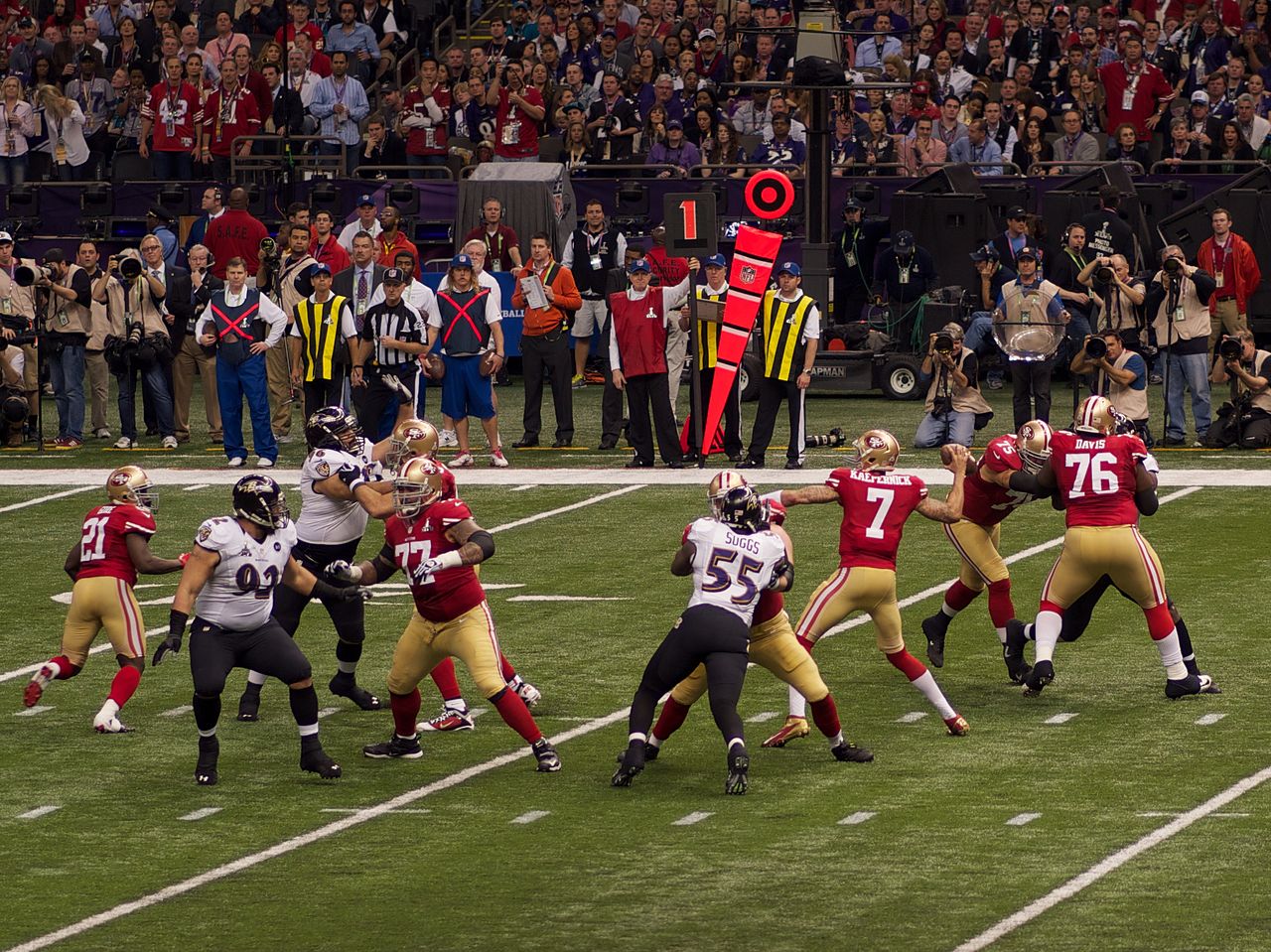Views expressed in opinion columns are the author’s own.
Colin Kaepernick has become an incredibly polarizing figure over the last year.
The 30-year-old former quarterback became the first NFL player last season to protest during the national anthem to shed light on police brutality and racial injustice in the United States. Last week, GQ published its annual men (and women) of the year issue, naming Kaepernick, “Citizen of the Year.” Kaepernick, who filed a grievance accusing NFL teams of colluding to keep him out of the league, decided to collaborate with the magazine to reclaim the narrative of his protest.
The piece, titled “Colin Kaepernick Will Not Be Silenced,” deliberately does not quote him. Rather, it interviews others about the power and impact of his protest. His choice to remain silent has projected his protest and story around the world, even drawing the ire of President Trump.
The choice to remain silent carries particular weight given the number of online media that allow us to defend and explain our every thought, opinion and action. Kaepernick’s silence is both a tactical protest method and a tribute to those muted by police brutality.
On a purely definitional level, silence is the absence of sound or noise; when applied to the human condition, however, it begins to take on multiple meanings. At one end of the spectrum, silence can refer to silenced groups or individuals who are experiencing intimidation, fear or powerlessness. Being silenced is almost always seen as negative. Victims of fatal encounters with the police are permanently silenced. Kaepernick’s choice to remain silent, juxtaposed with those who are silenced by force, reveals the power of his protest.
On a macro-cultural level, moments of silence commemorate losses, serving as a form of soundless remembrance. Moments of silence are employed to unite people in mourning and reflection and, in some cases, to grieve lives lost due to systemic social injustices. They can prepare individuals and groups for communal mobilization. Shared silence can unify a community, facilitate reflection and resistance, and spark protest.
In Kaepernick’s case, deliberate silence represents mourning, reflection and protest; he provides a voice for the silenced without saying a single word. His use of wordless communication is an exercise in patience and perseverance, as well as a source of strength and calm.
As the GQ profile asked, “Why talk now, when your detractors will only twist your words and use them against you? Why speak now, when silence has done so much?”
Sarah Riback is a sophomore English and sociology major. She can be reached at riback.sarah@gmail.com.



